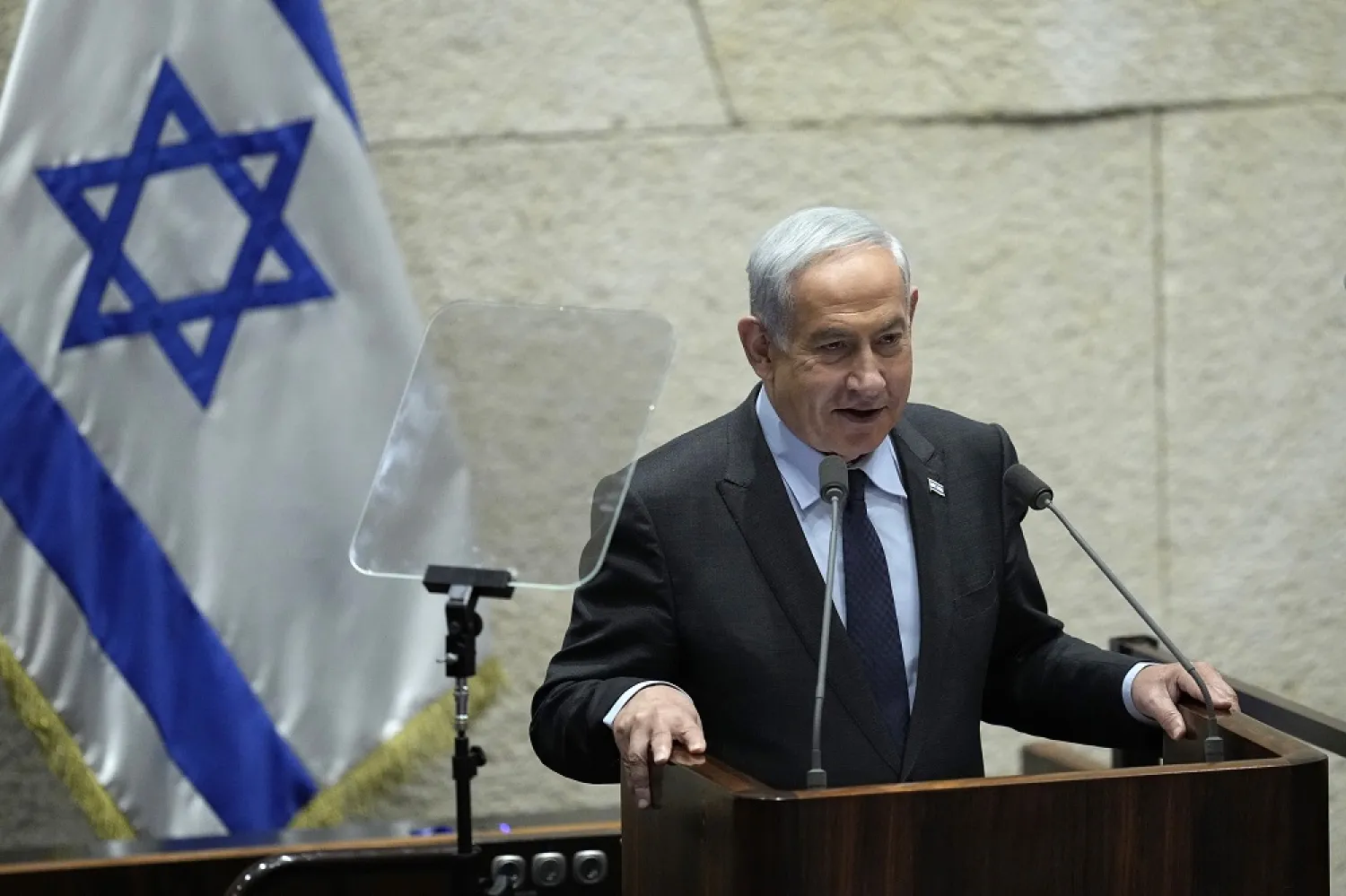The need to block Iran's nuclear armament will continue to be Israel's top priority, announced Prime Minister Benjamin Netanyahu.
Netanyahu spoke at the Knesset plenum attended by US House Speaker Kevin McCarthy.
He noted that the first and most urgent challenge was the joint effort of Israel and the US to prevent Iran from obtaining nuclear weapons.
"We properly see the threat posed by the fanatical regime in Iran, which threatens not only Israel but also the United States and the entire free world," the PM noted.
He asserted that Israel would not allow Iran to establish itself militarily along its borders and would do everything to prevent it from acquiring nuclear weapons.
Meanwhile, Israeli Foreign Minister, Eli Cohen, met the EU's foreign policy chief, Josep Borrell, in Brussels.
Cohen aimed to ensure that the EU would take a tougher stance on Iran's repeated violations of its nuclear commitments before June's meeting of the International Atomic Energy Agency's Board of Governors.
Cohen is expected to ask Borrell to declare the Iranian Revolutionary Guard Corps (IRGC) a terrorist organization, according to the Israeli "i24 News" channel.
Last Thursday, Cohen urged his Spanish counterpart, Jose Manuel Albares, to form a broad and firm front against Iran, including economic and political sanctions.
Cohen told Albares, "We must form a broad and determined front against Iran, which includes economic and political sanctions at the same time as a credible military threat."
"Today Europe has a better understanding of the danger of the Iranian rule of terror," the Israeli minister tweeted.
He indicated that he discussed strengthening relations between Israel and the European Union- with Spain in particular- in the fields of cyber and fin-tech.









